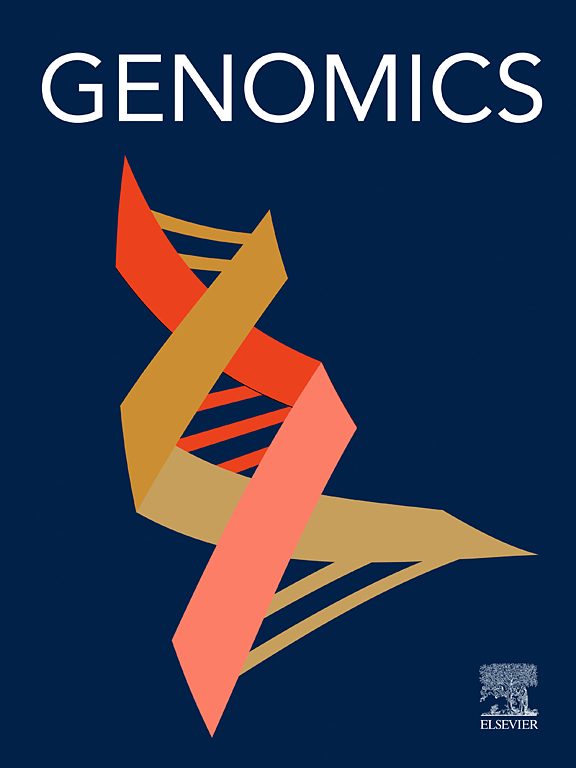Resveratrol-stimulated macrophage exosomes delivering lncRNA Snhg6 inhibit liver fibrosis by modulating the NF-κB pathway
IF 3
2区 生物学
Q2 BIOTECHNOLOGY & APPLIED MICROBIOLOGY
引用次数: 0
Abstract
Objective
To investigate the role of lncRNA Snhg6 in liver fibrosis, delivered by resveratrol-stimulated macrophage exosomes.
Methods
Resveratrol-stimulated and unstimulated exosomes were generated from RAW 264.7 cells, confirmed by electron microscopy, nanoparticle analysis, and Western blotting. JS1 cells were used as an HSC model, activated with TGF-β1 and treated with exosomes. Exosome uptake was observed via confocal microscopy, and acta2 expression was measured with immunofluorescence. RNA sequencing and RT-qPCR were used to analyze exosomal lncRNA profiles. KEGG GSEA enrichment was conducted on differentially expressed genes, and nf-κb expression was detected in HSCs using WB. Serum from liver fibrosis patients was analyzed for SNHG6 levels.
Results
Resveratrol-stimulated exosomes inhibited TGF-β1-induced HSC activation, with 132 differentially expressed lncRNAs, including upregulated Snhg6. NF-κB signaling was downregulated. Silencing Snhg6 weakened this inhibitory effect.
Conclusion
Resveratrol-stimulated macrophage exosomes may inhibit liver fibrosis by delivering lncRNA Snhg6, which suppresses the NF-κB pathway.
白藜芦醇刺激巨噬细胞外泌体传递lncRNA Snhg6通过调节NF-κB途径抑制肝纤维化
目的探讨lncRNA Snhg6在白藜芦醇刺激巨噬细胞外泌体介导肝纤维化中的作用。方法制备白藜芦醇刺激和非刺激的外泌体,并通过电镜、纳米颗粒分析和Western blotting进行验证。以JS1细胞作为HSC模型,用TGF-β1激活,外泌体处理。共聚焦显微镜观察外泌体摄取,免疫荧光法检测acta2表达。采用RNA测序和RT-qPCR分析外泌体lncRNA谱。对差异表达基因进行KEGG - GSEA富集,用WB检测造血干细胞中nf-κb的表达。分析肝纤维化患者血清中SNHG6水平。结果白藜芦醇刺激的外泌体抑制TGF-β1诱导的HSC活化,有132种不同表达的lncrna,包括上调的Snhg6。NF-κB信号下调。沉默Snhg6减弱了这种抑制作用。结论白藜芦醇刺激的巨噬细胞外泌体可能通过传递lncRNA Snhg6抑制NF-κB通路抑制肝纤维化。
本文章由计算机程序翻译,如有差异,请以英文原文为准。
求助全文
约1分钟内获得全文
求助全文
来源期刊

Genomics
生物-生物工程与应用微生物
CiteScore
9.60
自引率
2.30%
发文量
260
审稿时长
60 days
期刊介绍:
Genomics is a forum for describing the development of genome-scale technologies and their application to all areas of biological investigation.
As a journal that has evolved with the field that carries its name, Genomics focuses on the development and application of cutting-edge methods, addressing fundamental questions with potential interest to a wide audience. Our aim is to publish the highest quality research and to provide authors with rapid, fair and accurate review and publication of manuscripts falling within our scope.
 求助内容:
求助内容: 应助结果提醒方式:
应助结果提醒方式:


